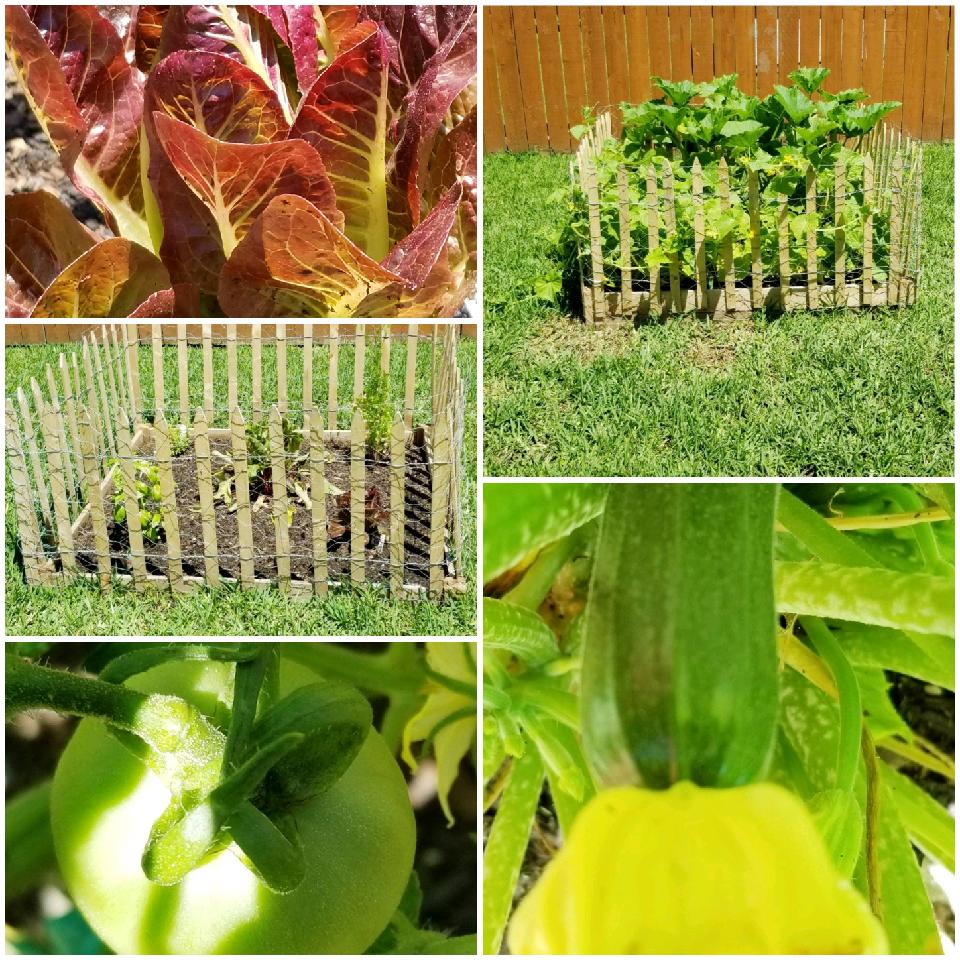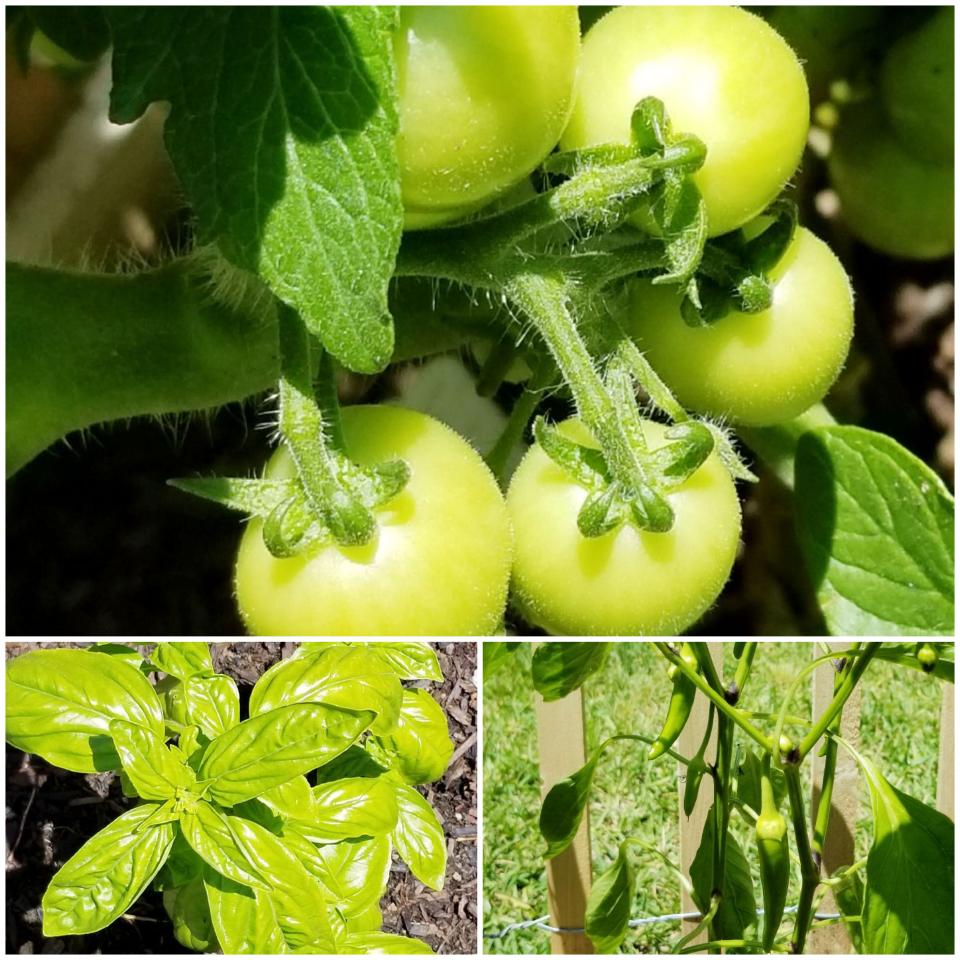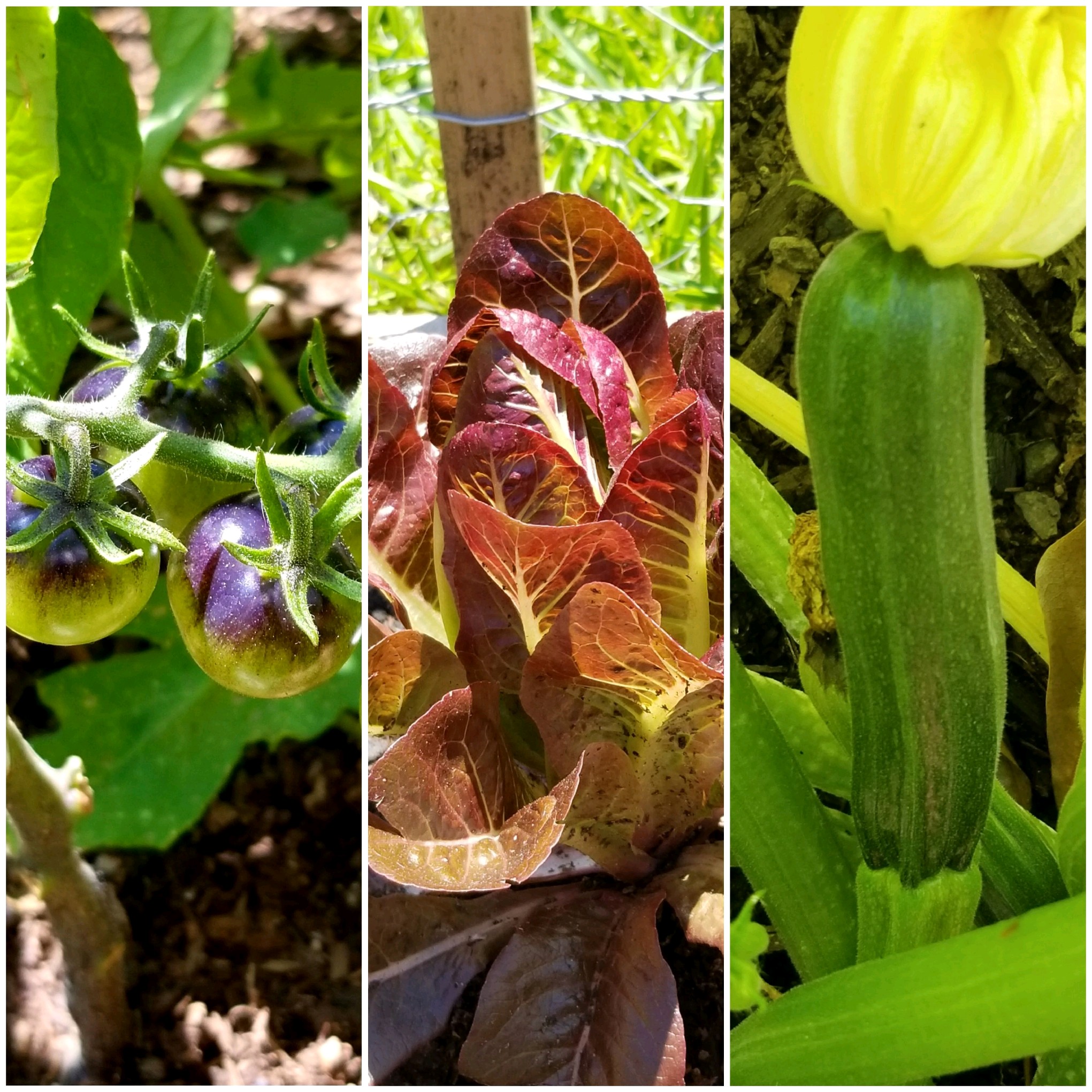I have a love/hate relationship with social media. I love the ability to share photos and life events with friends and family all over the world. I enjoy easily keeping in touch with people I see only occasionally. I do not, however, enjoy the barrage of arguments from armchair pundits on everything ranging from religion to crime. I dislike people attempting to persuade me to change my political position based on their opinion. Most importantly, I hate the division, the competition, the emphasis on possessions and education as a measure of personal worth. Your house, car, or latest degree are no indication of who you truly are.
A few years ago a man came to visit my husband and me in hopes of gaining our business. Apparently he felt the need to impress us with credentials, both his and his wife’s. He listed his own experience, tacking on a lengthy, very successful list of his wife’s accomplishments. Then, he turned to me and, in a voice dripping with condescension, said, “And you?” It probably wasn’t intended to sound the way it did. It sounded rude. I felt judged pathetic, useless, worthless. Who was I in light of that extensive list of successes?
I have no list of accomplishments to recommend me. I have a degree I’ve never used. I’ve never worked in my field of training. Instead, I made the choice to be a stay-at-home mom. I’ve spent 15 years doing it. And though I do not regret my choice for one instant, society often makes me feel inferior, less than, not enough because my name isn’t on an office door or followed by any letters. Sometimes a little voice in my head asks why anyone would care what I have to say. Who do I think I am to string words together and ask people to read them?
Maybe you know that little voice. Maybe it bothers you too. Maybe it tells you other things. Stupid things. Like you are not smart enough, strong enough, good enough. Maybe it says your past is too varied, your future too uncertain. Maybe it says you are worthless. Maybe it calls you ugly, fat, imperfect in a society that demands perfection. Maybe you’ve bought the lies. Maybe you look in the mirror and see only what the little voice has told you. Maybe you feel inferior, rejected, refused.
The Samaritan woman at the well must have felt that way too. I wonder if every morning she dusted off a shard of mirror and, gazing into it, wondered where the young, innocent, untarnished girl had gone. Maybe life handed her an untenable set of circumstances. Maybe she created them herself. Regardless how it happened, five husbands later and living with a man who was not one of them, she had to be the talk of the town–and not in a good way. With a resigned sigh and resolute acceptance of her disreputable existence, she picks up her bucket and heads to the well.
I wonder what went through her mind as she walked. Did she duck in doorways to avoid other, more upstanding women? Did she hang her head in shame as she walked past groups of men talking along the way? Did they point at her, turn their backs to her, or roll their eyes at her mere existence? Did mothers hide their children behind them so they wouldn’t be touched or tainted by the town pariah? Was her walk to the well every day a walk of pain more than a walk of shame?
And Jesus. What was He doing hanging out at a well in Samaria? Not only was He a Jewish man, He had taught in the synagogue. What was He thinking stopping to talk to a woman with obviously loose morals, and a Samaritan one at that?! It just wasn’t done! Thankfully, for the Samaritan woman and me too, Jesus has a habit of hanging out with people society discards. He looked into the shadows of her troubled heart and crossed every boundary to prove to her that she was worth something. Her heritage was just a blip on the radar. Her social status, or lack thereof, was inconsequential. Her past, as colorful as it was, didn’t matter. Her present situation didn’t distance her from grace. She was loved and accepted by God no matter what anyone thought. (John 4:1-26)
And wow, did they think things! The disciples, arriving late to the party, are aghast at the myriad social rules Jesus had broken. Although they don’t seem to have voiced their opinions to Jesus, their inner conversations were eloquent. Why was He talking to that woman? What was He doing hanging out in Samaria at all? Did He have no care for His reputation? No care for theirs? (John 4:27) Nope. Jesus doesn’t have to protect His reputation at all. It’s already impeccable. He already knows what the Apostle Paul will later tell us in I Corinthians 4:3-4, “I can’t care what people think of me. I can’t care what I think of me. The only thing that matters is what God thinks of me.” Because who we truly are is what God sees.
Friend, you are more than the sum total of your mistakes and missteps. They do not define you. You are more than the clothes you wear, the color of your skin, or the scar on your face. You are not the neighborhood you live in, the car you drive, or credentials after your name. Jesus doesn’t see any of that. He sees only you, the inside, the part that matters. It might not be beautiful. There might be flaws. There might be some work to do. Jesus is not intimidated. He is not repulsed. He does not recoil. Because God. Is. Love.
That love is for everyone. No matter where you find yourself. No matter your circumstances, life choices, or the condition of your heart. There are no caveats to God’s love. You can’t be too good, too bad, or too mediocre. No matter how others view you or what you see in the mirror, God loves you. He wants to be your friend, your family. You were made in His image. (Genesis 1:27) He chooses to seek a relationship with you even though He has more than enough. You are too important, too loved for Him to let you go without a fight. On your darkest, loneliest day, when the little voice in your head is relentless and you feel you’ll never be enough, remember this. God loves you. Not because He has to, but because He wants to. It is His nature. God is love. (I John 4:8)
So take a moment, brutally silence the little voice that troubles you, and go look in the mirror. Stand silently and listen to Jesus as He whispers these words to you, ”You are more beautiful than words can describe. There is nothing unlovely about you. You are the treasure of my heart. You are mine.” (Song of Solomon 4:1,7,9; 7:10) That is who you are. You are the special person God created you to be. You are precious to Him. (Isaiah 43:1,4) He delights in you. (Psalm 149:4) He has chosen you to be His own. (Colossians 3:12) Know it. Believe it.
And the next time that little voice has the audacity to lift its ugly head, hike up your chin and tell it who you really are. You are a child of the King. Your Father created everything and has complete authority over it. He loves you with an everlasting love. You are His. This is the answer to the question. This is what God sees. This is who you know you are. Regardless of anything else you may or may not be, do or have, you are God’s treasured child. No other opinion means more than that. (I John 3:1; Psalm 50:10-12; Colossians 1:16-20; I Corinthians 15:27; Jeremiah 31:3; I Corinthians 3:23)



